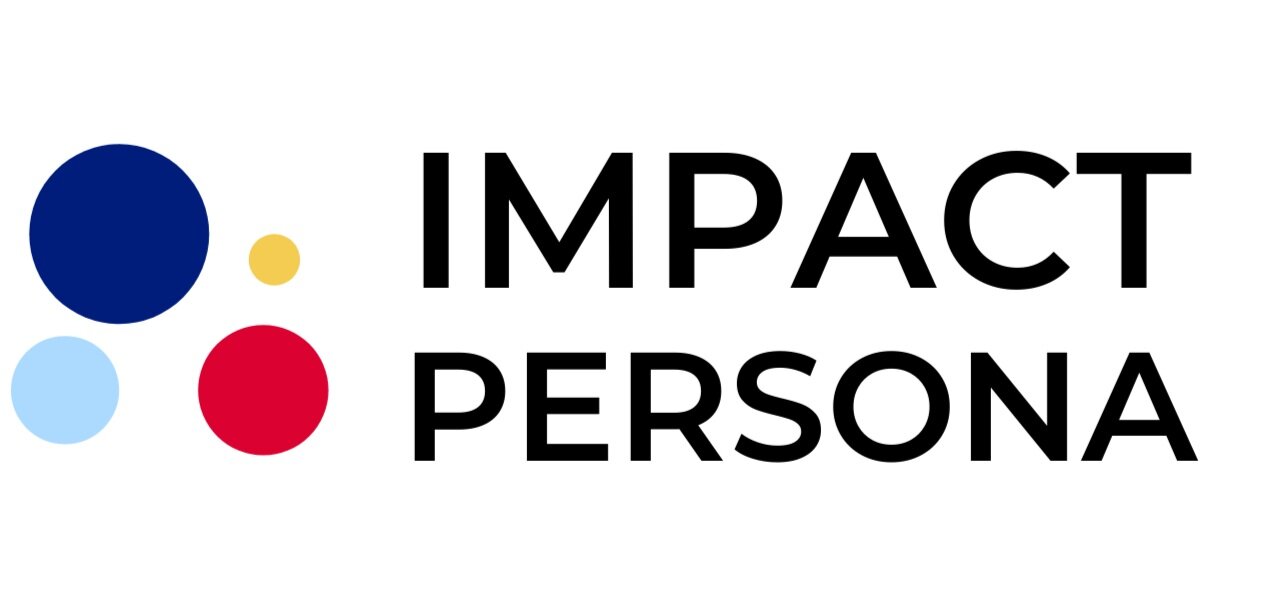FAQs
-
DISC is one of the world’s most powerful and popular behavioural analysis tools, used to measure and analyse an individual’s behavioural preferences.
DISC Profiling utilises a four quadrant model which measures the degree of D - Dominance, I - Influence, S - Steadiness and C - Conscientious behaviours.
With DISC profiling, there are no good or bad behavioural styles. but rather simply an indication of the individual’s preferred behaviours in given situations.
-
Yes, DISC profiling can be a very powerful and valuable tool in the recruitment and hiring process.
It helps you understand a candidate's behavioural preferences, communication style, and how they are likely to interact with others in a work environment.
By using DISC, you can gain insights into whether a candidate's natural behaviours align with the requirements of the role and the dynamics of your team.
Impact Persona's Candidate DISC Profile Report comes with a one-of-a-kind inclusion of selected interview questions that change based on the candidate's DISC blend.
However, it’s important to remember that DISC should not be the sole factor in making hiring decisions. It is best used alongside other evaluation methods, such as interviews, skills assessments, and reference checks, to create a comprehensive understanding of a candidate.
When used correctly, DISC can enhance your recruitment process by ensuring better team fit and reducing the chances of conflict or misunderstandings later on.
-
The Impact Persona DISC assessment is an online questionnaire containing 28 questions.
The entire assessment should take no more than 10-12 minutes.
-
It is important to know that there are no right or wrong answers.
Most individuals are worried about the results of the questionnaire - there is absolutely nothing to be concerned about.
The DISC report will simply explain strengths, weaknesses, behaviours across various situations, motivators, stressors and more. It is designed to help an individual understand how they make decisions, why they in certain ways and how to better communicate with others.
-
DISC focuses on observable behaviours - how you act and interact with others - while many other assessments, like Myers-Briggs (otherwise known as MBTI), explore internal traits and cognitive preferences.
DISC categorises behaviour into four types: Dominance, Influence, Steadiness, and Conscientiousness, emphasising strengths and areas for growth without labelling any type as better or worse.
This makes DISC especially useful in practical settings like the workplace, where improving communication and teamwork is key.
-
DISC Profiling can significantly enhance your team or organisation by improving communication, collaboration, and overall productivity. By understanding the different behavioural styles within your team, you can tailor your communication and management approaches to suit each individual. This leads to fewer misunderstandings, better teamwork, and a more harmonious work environment.
DISC also helps identify the strengths and potential challenges of each team member, enabling you to allocate tasks more effectively and build more balanced teams. Whether you're looking to improve leadership, boost morale, or reduce conflict, DISC Profiling provides valuable insights that can help your organisation function more smoothly and efficiently.
-
Yes, while DISC Profiling is a powerful tool for understanding behaviour and improving communication, it does have some limitations. DISC focuses on behavioural tendencies rather than skills, experience, or cognitive abilities, so it shouldn't be the only factor in decision-making processes like hiring or team development.
DISC provides a snapshot of behaviour in a specific context, but people may adapt their behaviours in different situations. It’s also important to use DISC ethically, ensuring it’s applied to support personal and team growth rather than to label or limit individuals. When used correctly, DISC is a valuable tool, but it’s most effective when combined with other assessments and insights.
-
I would love for you to get in touch with me either via the Contact page or email: charissa@impactpersona.com.au so we can explore your needs.
